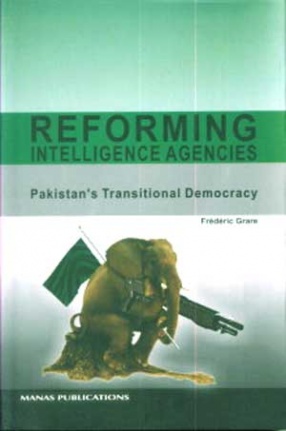
Frederic Grare

Showing all 8 books

Pakistan, since evolution in 1947, has witnessed the leading role of military, intelligence and security agencies in it’s political life and governance. The intelligence agencies in tandem with the army have determined the fate of the people and the nation. As a result, their role has always been highly controversial. Pakistan’s military governments, like those of General Ayub Khan, Yahya Khan, Zia- ul-Haq, and Pervez Musharraf, and civilian ...
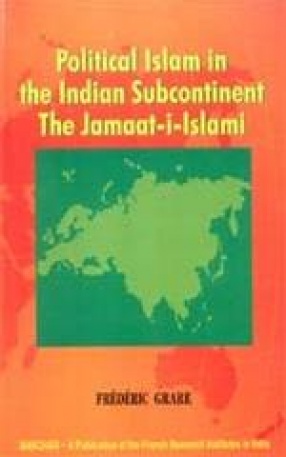
The present study aspires to bring out the regional and international strategies of the Jamaat-Ii-Islami and to underscore thereby the points of convergence as well as the limits to the cooperation between Islamist movements. It tries to the cooperation between Islamist movements. It tries to uncover the mechanisms through which the Pakistani authorities make use of the Jamaat to promote their regional interests, particularly in Kashmir and Afghanistan, as also ...
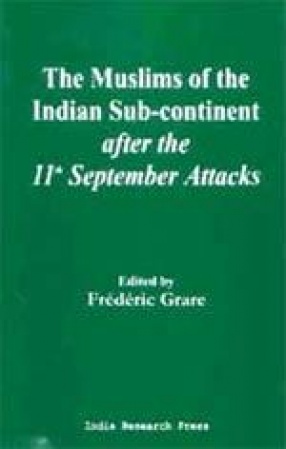
The aggression against America evoked a special kind of response in the Indian subcontinent whose fragile geopolitical balance has been put to the test. The American action of putting anti-Pakistani elements at the head of government in Afghanistan, has also affected Islamabad’s policy towards India…. A chain reaction which, from terrorist attacks to retaliatory measures, has led India and Pakistan to the brink of a confrontation. These attacks were ...

Can international relations be explained by geopolitics alone? More precisely, does geographical proximity necessarily lead to intense interconnections? The principal concerns of the present volume on the India-ASEAN security relationships are rooted in these questions. India’s association with South-East Asia goes back in history, and it has had great influence on the region, both linguistic and cultural. As is well known, economic and cultural relations ...
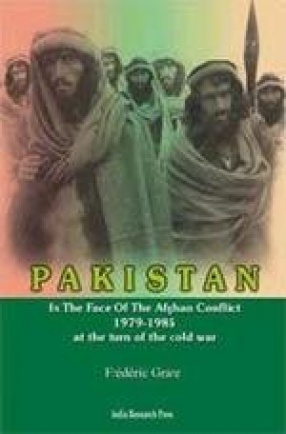
It is paradoxical that though the Afghan conflict has inspired a great deal of writing little is known about its regional dimension. The first act—and also its symbol—in what some have described as a ‘new cold war’, it has often been viewed through the sole, misleading prism of the ideological confrontation, which formed the edifice of international relations till the collapse, towards the end of 1991, of the Soviet Empire. Pakistan played a special, and ...
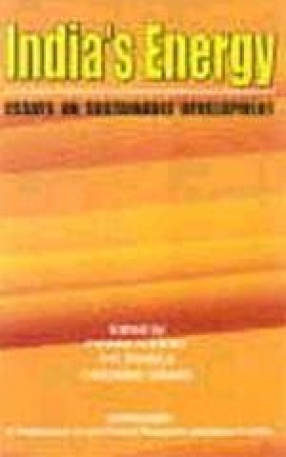
India is emerging on the world scene as a major energy consumer growing imports of oil gas and coal re-define the conditions that guarantee India's energy security, India's final energy demand grows faster than the development of its own national resources. Beyond, one can observe a regular growth in the intensity of polluting energy emissions of the economic activity. This is worsened by the misallocation of resources due to pricing policies, management systems, ...

This volume is part of research programme on 'India's Foreign Policy at the Turn of the Millennium: Forging New Partnerships in South-East Asia’. As the strategic and security issues have been addressed in the earlier volume, the present volume deals exclusively with economic issues. It comprises eight contributions, and is the result of a second workshop organized in New Delhi in April 2001. In this connection the authors examine the potential for increased ...
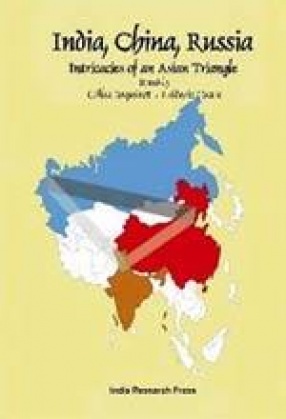
An Asian Triangle bringing together India, China, Russia into a strategic partnership attracted public attention when it was first mooted at the end of the nineties. The East-West, the Sino-Soviet and the Sino-Indian cold wars had receded in popular memory and a triangular equation gained enough credibility to deserve closer examination. The validity of an Asian Triangle remains to be substantiated. Has this geometric figure a life of its own, can it further the ...
